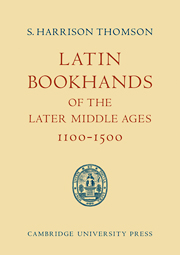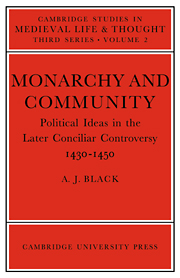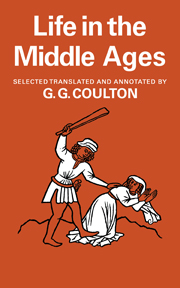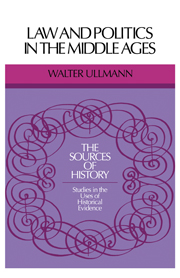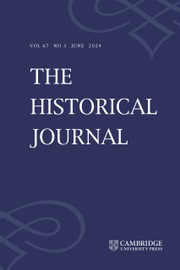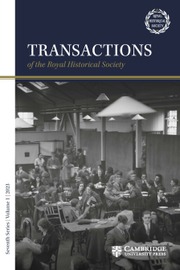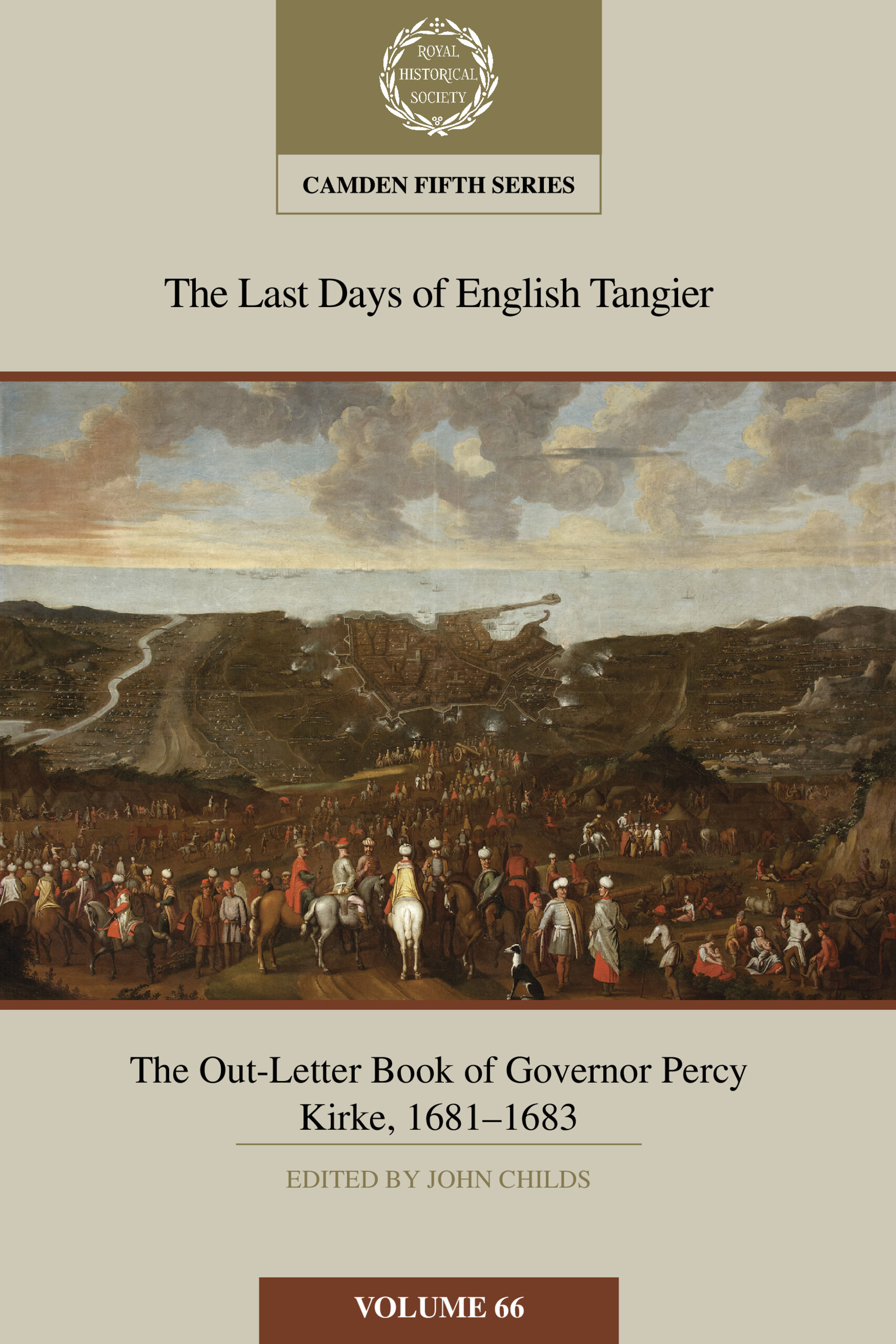The Problem of Sovereignty in the Later Middle Ages
Sovereignty has always been an important concept in political thought, and at no time in European history was it more important than during the perplexed conditions of the thirteenth and fourteenth centuries. Universal government was a fading dream, giving way to the new conception of the national state and the whole basis of political thought was being reorientated by the influx of Aristotelian ideas. Dr Wilks's book is an attempt to clarify the more important problems in the political outlook of the period. He shows that at this time the theologians and literary writers, especially Augustinus Triumphus of Ancona, had built up a complete theory of sovereignty in favour of the papal monarchy, based on a neo-Platonic, Augustinian view of the church as a universal and totalitarian state.
Product details
July 2008Paperback
9780521070188
636 pages
232 × 156 × 16 mm
2.42kg
Available
Table of Contents
- Part I. The Universal Society:
- 1. Societas Christiana
- 2. Divide et Impera
- 3. Societas Humana
- 4. Via Media
- Part II. The Origin of Political Authority:
- 5. The Sovereign Prince
- 6. Princely Liberty and the Vox Populi
- 7. The Development of Limited Monarchy
- Part III. God and Caesar:
- 8. The Struggle for Independence
- 9. Papa est Verus Imperator
- 10. To Have and Have Not
- Part IV. Vicarius Christi:
- 11. The Problem of Episcopal Government
- 12. The Supreme Governor
- Part V. Changing Conceptions of Universal Authority:
- 13. The New World Order
- 14. The Universal Caretaker
- Part VI. The Conciliar Theory:
- 15. Papa a Nemine Iudicatur
- 16. Root and Branch Conciliarism
- 17. Ecclesia in Papa, Papa in Ecclesia
- Conclusion.


